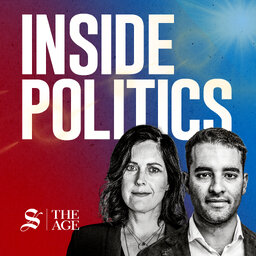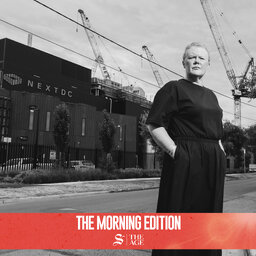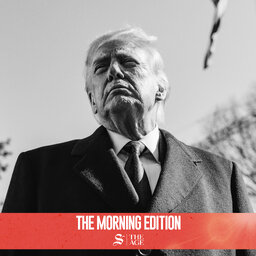More fossil fuels? Dutton’s shock new gas proposal
The government and the opposition have been fighting over power strategies for months now; just about assaulting us with a flurry of numbers and claims over which method will lead to cheaper household bills.
And now, the Coalition has announced a shock new gas policy. So, is Peter Dutton’s unprecedented scheme just a bid to win political points, rather than a legitimate means to keep our appliances running, and us warm, at relatively little cost? Or is the opposition leader on to a winner?
Today, business reporter Nick Toscano, and climate and energy reporter Mike Foley, help us wade through the spin, to tell us which energy plan is best: for both us, and the environment.
In 2 playlist(s)
The Morning Edition
The Morning Edition brings you the story behind the story with the best journalists in Australia. Jo…Social links
Follow podcast
Recent clips

Regrets? There are none. David Littleproud on Coalition split and what Nats do next
38:00

The energy vampires next door: Life next to an AI mega-factory
14:53

Abuse claims against Trump in the missing Epstein files: will it bring him down?
19:06
 The Morning Edition
The Morning Edition
